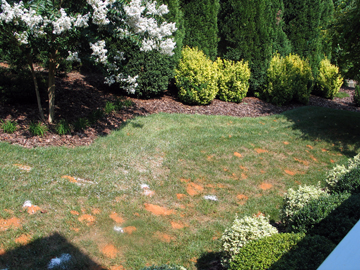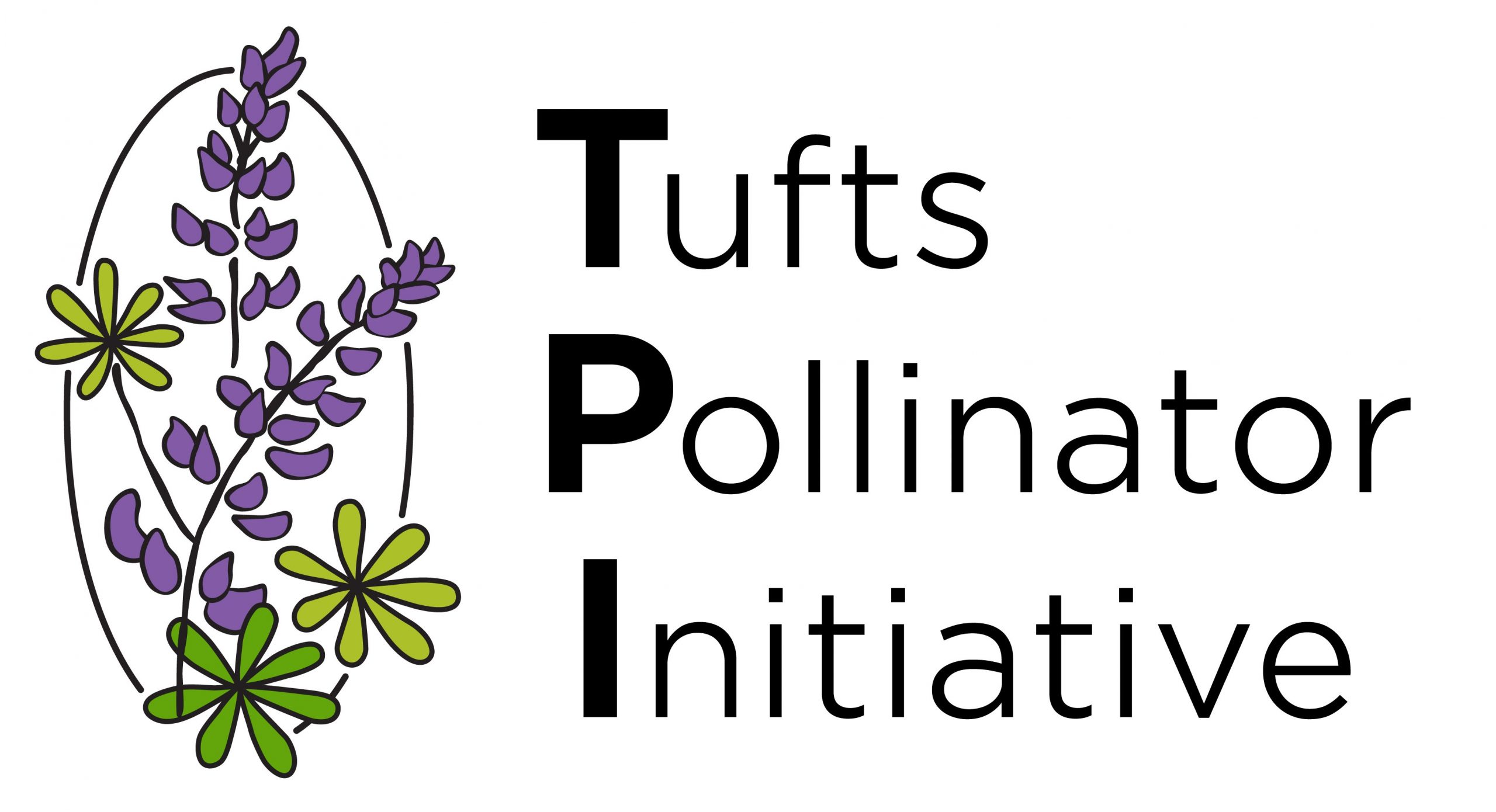Recently, we’ve received several inquiries about murder hornets appearing in Massachusetts. Rest assured, you did not find a murder hornet in New England.
Invariably, the giant wasps being reported are eastern cicada killer wasps (Sphecius speciosus). Though their name may be menacing, these native wasps are not out to get you, your pets, or honey bees.
Rather, they’re after cicadas. In late-summer, when the deafening cicada choir reaches its peak, cicada killers emerge. Males emerge first seeking mates. In an effort to win the top female, males guard territories all day long and duel readily with similar-sized intruders.
Females, on the other hand, hunt. They track down and find adult cicadas (specifically, dog day cicadas that have short life cycles, not the periodical ones that remain underground for nearly two decades). Upon finding one, she paralyzes it with her stinger, hauls it back to the nest, and buries it in the long underground burrow she has prepared for her offspring. During her month-long life, she is industrious: she will lay a dozen eggs and provision each egg with two or three cicadas.

You can identify cicada killers by the combination of orange-black head and thorax and a black abdomen with broken yellow bands. They are 1.5–2 inches long, about the length of a piece of rigatoni. Females do have a stinger for paralyzing cicadas, but they’re docile and will not sting unless provoked. Adults are common in the US east of the Rocky Mountains and are around for only a few weeks each year to coincide with cicada activity.
Occasionally, you might find an entire nesting population of cicada killers. Typically, they nest near each other in sandy, well-draining soil found in disturbed lawns or golf course bunkers. Nests can be identified by the combination of a hole about the width of a nickel that’s preceded by a wide fan of soil.

If you want to discourage cicada killers from nesting in your yard, you can disturb the nest entrance or keep it wet since they prefer dry soils for nesting. Definitely don’t use insecticides. Chemical pesticides can persist for many years in soils harming other beneficial organisms in the process. Remember, these wasps play an important role in the checks and balances of our native ecosystems and help cut down on the incessant din of cicadas, so it’s in your favor to just let them be.

If you spot a cicada killer, take the opportunity to watch it work. You might see a male guarding its territory or a female on the hunt. If you’re still enough (and resemble a tree), one might even land on you! Stay calm, and remember, they’re not out to murder you.


